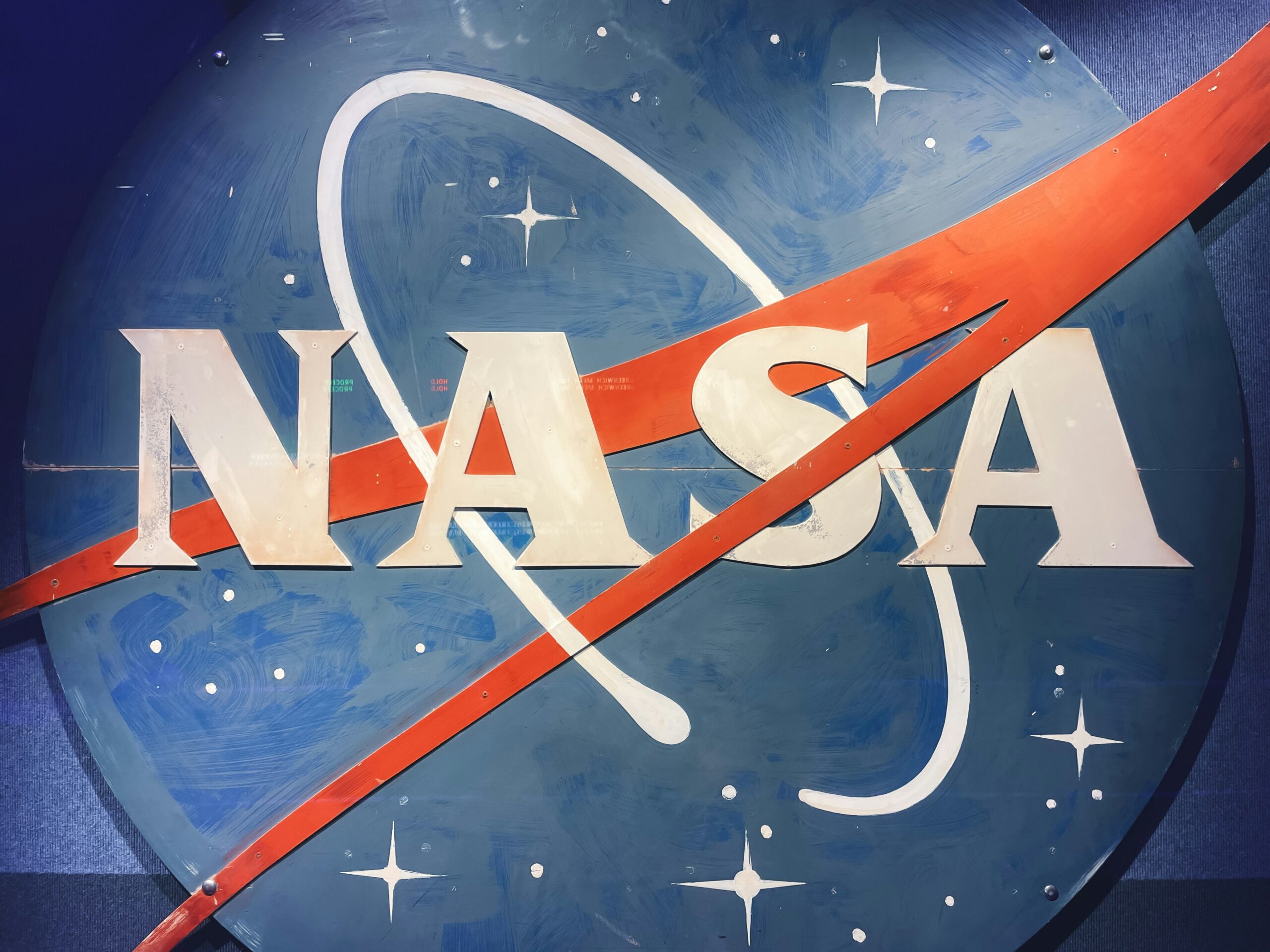Netflix and NASA have announced a new collaboration that will bring live space content to the streaming platform beginning later this summer. The partnership marks a significant step in Netflix’s efforts to expand its live programming lineup and engage viewers with real-time access to outer space.
As part of the deal, Netflix subscribers will be able to watch livestreams of rocket launches, astronaut spacewalks, and real-time views of Earth from the International Space Station. The new offering will also include additional programming from NASA+, the space agency’s ad-free streaming platform that debuted in 2023.
The partnership underscores Netflix’s growing investment in live content, a space the company has been exploring with increasing frequency. Until recently, the majority of Netflix’s live content consisted of in-house productions and exclusive special events, such as comedy shows, awards ceremonies, and limited-time sports coverage. The platform has notably featured events like WWE programming and celebrity golf tournaments, and it recently expanded into live television in France through a deal with TF1, offering access to popular programs such as soap operas, competition shows, and sports broadcasts.
By teaming up with NASA, Netflix is diversifying its live content catalog while tapping into a wide audience of science and space exploration enthusiasts. The collaboration also reflects NASA’s broader push to make its content more accessible across digital platforms. In May, NASA partnered with Prime Video to launch a live FAST (Free Ad-Supported Streaming TV) channel, and the agency continues to stream content through its official website and YouTube channel.
NASA’s presence on streaming services is part of a larger effort to inspire public interest in space exploration and scientific discovery. With the new Netflix integration, the agency’s mission will reach one of the world’s largest global streaming audiences.
More details about the launch date and content schedule are expected to be released in the coming weeks.







Comments